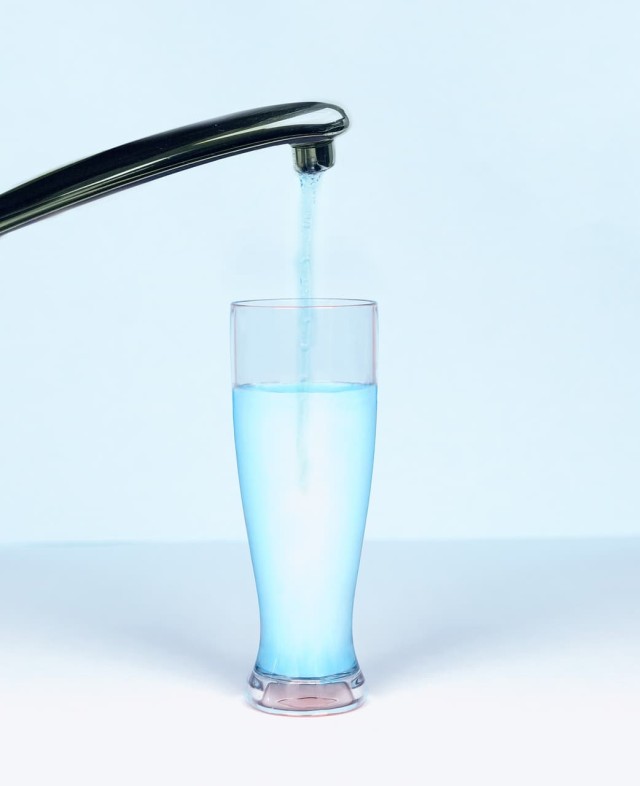Water distillation and Laboratory
Water distillation is an important process in the laboratory, as it ensures the purity and quality of the water being used in experiments and testing procedures. Contaminants such as chemicals, microbes, heavy metals, and sediment can interfere with the accuracy of results and potentially damage delicate instruments.
There are several methods for obtaining pure laboratory water, such as filtering devices and deionization systems. However, water distillation is often the preferred method due to its ability to remove a wide range of impurities, including non-volatile organic molecules and charged ions.
Distilled water is produced through the process of heating water to a volatile vapor phase and condensing it in a separate chamber. This effectively removes impurities and leaves behind pure, mineral-free water.
In the laboratory, distilled water is commonly used as a washing agent, reagent mixer, or rinse agent for a variety of instruments and measurement devices. It is also often used as a rinsing medium due to its low cost and purity.
Deionized water is another commonly used form of pure laboratory water, which is produced through a chemical process that removes mineral salts from the water. This can be achieved through the use of specialized filters, such as resins that undergo an ion-exchange process, or through continuous deionization using electrically charged resins.
Overall, the use of a water distiller in the laboratory is essential for ensuring the purity and quality of the water being used in experiments and testing procedures. This helps to ensure the accuracy and reliability of results, as well as protecting delicate instruments from potential damage.
Laboratory Water Distiller
Laboratory water distillers work by heating water to a vapor phase and then condensing it in a separate chamber, effectively removing impurities and leaving behind pure, mineral-free water. This process is known as distillation.
To begin the distillation process, water is heated in a boiling chamber until it reaches its vaporization point. As the water vaporizes, it leaves behind any impurities or contaminants that are not volatile, such as chemicals, microbes, heavy metals, and sediment.
The water vapor is then cooled and condensed back into a liquid form, collecting in a separate storage tank. The result is pure, distilled water that is free of impurities and contaminants.
In addition to removing non-volatile contaminants, water distillation systems can also filter out non-volatile organic molecules, most minerals, and a variety of chemicals, as well as charged ions. This makes it an effective method for producing pure, high-quality water for use in the laboratory and other settings where pure water is needed.
There are many different types of laboratory water distillers available on the market, ranging from standalone systems to portable, countertop models. It is important to choose a high-quality water distiller to ensure the purity and quality of the water being produced.
Advantage of Laboratory Water Distiller
There are several advantages to using a water distiller in the laboratory, including:
- Purity: Purified water is often required for washing, mixing reagents, and rinsing instruments and measurement devices in research and bioscience/medical laboratories. Using pure water in these activities is important because mineralized or contaminated water can interfere with testing procedures and potentially produce inaccurate results. Water distillation effectively removes impurities and contaminants from water, ensuring its purity and quality.
- Cost-effectiveness: Distilled water is generated from evaporative steam and is condensed in a chamber to remove impurities such as minerals. It is widely used as a rinsing medium in laboratories due to its low cost and purity. This makes it an affordable option for routine laboratory cleaning tasks.
- Deionization: Deionized water is a popular type of pure laboratory water that is produced through a chemical process that removes mineral salts. This can be achieved through the use of specialized filters or through continuous deionization using electrically charged resins. Deionized water is often preferred in the laboratory because it is continuously available and there is no need to buy water from a drum.
Overall, using a water distiller in the laboratory offers several advantages, including ensuring the purity and quality of the water being used, cost-effectiveness, and the availability of deionized water. These benefits make a water distiller an important tool for any laboratory setting.
How to choose Laboratory Water Distiller
There are a few factors to consider when choosing a laboratory water distiller for your lab:
- Capacity: Consider the size and capacity of the water distiller to ensure that it meets the needs of your lab. Determine how much distilled water you will need on a regular basis, and choose a water distiller with a capacity that meets or exceeds your needs.
- Quality: It is important to invest in a high-quality water distiller to ensure the purity and reliability of the water being produced. Look for a water distiller that is made from high-quality materials and has a good reputation for performance and reliability.
- Features: Some water distillers may have additional features such as automatic shut-off, a built-in storage tank, or a digital display. Consider which features are important to you and choose a water distiller that meets your needs.
- Price: Determine your budget for a water distiller and consider the cost of the unit as well as any ongoing maintenance or replacement costs.
- Size and installation: Consider the size and design of the water distiller and ensure that it will fit in your lab space. Some water distillers may require special installation or plumbing, so be sure to consider these factors when making your selection.
Overall, it is important to choose a laboratory water distiller that meets the needs of your lab and has a good reputation for quality and reliability. Careful consideration of these factors will help you choose the right water distiller for your lab.
Related Products
- Wall Mounted Water Distillation Unit
- Laboratory Benchtop Water Circulating Vacuum Pump for Lab Use
- Laboratory Vertical Water Circulating Vacuum Pump for Lab Use



